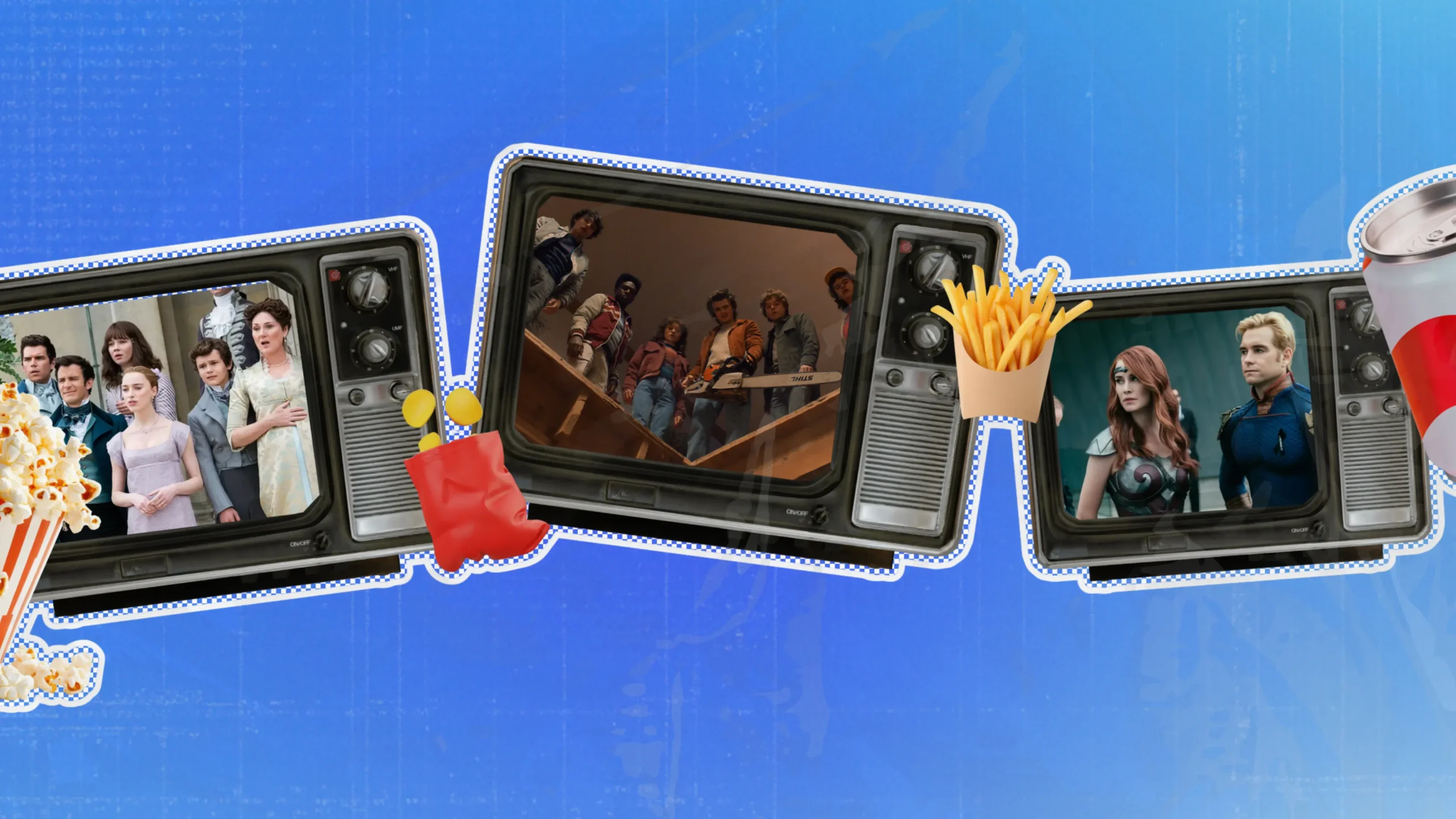A cursory glance at the #MedStudentPH hashtag on TikTok would show you that it has amassed 209.3M views as of writing. While the most popular hashtags on the site would gather trillions, hundreds of millions of views are still indicative not only of the sheer volume of content from medical students, or med students, around the Philippines but also of the kind of value people find in their content.
In the past few years, social media has given many kinds of practitioners an instant platform. This doesn’t exclude practitioners-to-be—particularly med students who, just like everyone else, use social media to stay up-to-date on the latest trends and topics. Med students utilize social media to build connections with experts within and beyond their industry.
With the former, they often seek expertise from medical professionals and professors on social media. On #MedTwitter, plenty of experts post quick and easy-to-access materials for learners. Brown Hospital Medicine keeps its audiences sharp by quizzing them on diagnoses based on sample data and pictures they provide for certain medical conditions.
Besides using social media as an educational platform, medical students often learn more by sharing their own insights and perspectives on what they have learned so far while in training. For instance, some students announce their published works on microblogging platforms like Twitter and LinkedIn. Threads on Twitter have become an optimal way to make comprehensive bits of knowledge easier to read and understand.
What they share isn’t limited to just medical knowledge either. Some students can also share their experiences in med school. These can range from vlogs documenting a day in their life to a brief rundown of their best study practices. This type of content provides valuable takeaways and inspiration for many audiences, from peers and aspiring healthcare workers to anyone just scrolling through their For You pages.
ALSO READ: How Medfluencers are Changing the Face of Patient Education
Finally, social media can also be used as a platform for advocacy and social change for these professionals-to-be. In the same way that experts use the #MedTwitter to discuss current healthcare policies, share their experiences with patients, and advocate for social change in the healthcare industry, med students do so too. With the added factor of representing the younger generation most of the time, they shed light on issues gaining prominence among Millennials and Gen Z such as work-life balance, mental health support, and progressive healthcare policies they believe in—not just for patients, but for themselves as well.
In conclusion, social media has become an essential tool for med students to spread information, share study practices, and learn from other experts. By connecting with other students and experts, sharing their research, organizing study materials, and advocating for social change, med students can use social media to enhance their learning, as well as become fresh faces of the health community they are about to serve.
Related Content:
- The Medfluencer: A New Variant of Social Media Influencers
- Top Filipino Medical Influencers on Facebook in 2023
- 5 tips for viral content from famous TikTokers on #HealthTok
- “Let me explain”: How small-town pharma Arshie Larga became a TikTok star
M2.0 Communications is a public relations company that specializes in business, technology, and lifestyle communication. We offer a range of services including reputation management, social media management, and video production to help you tell compelling and meaningful stories.



